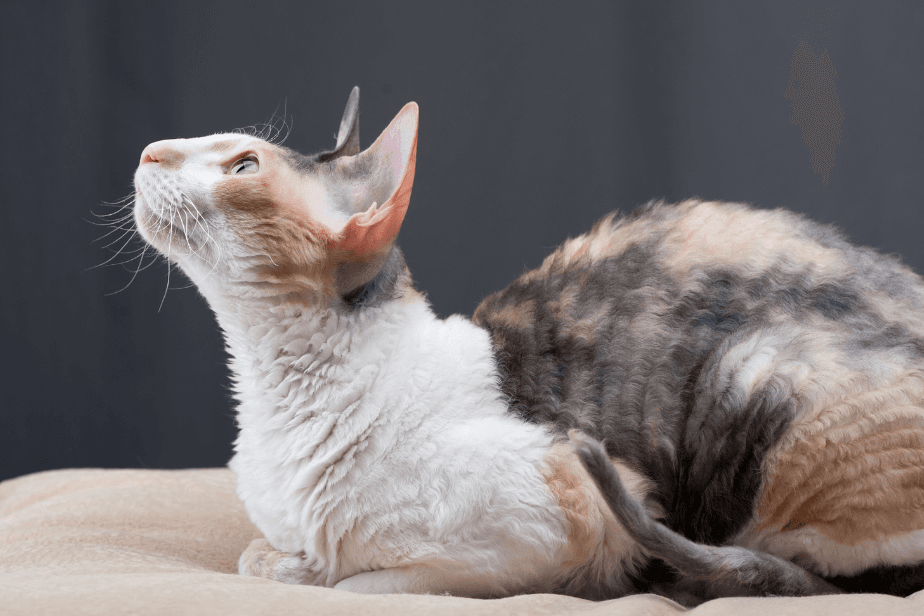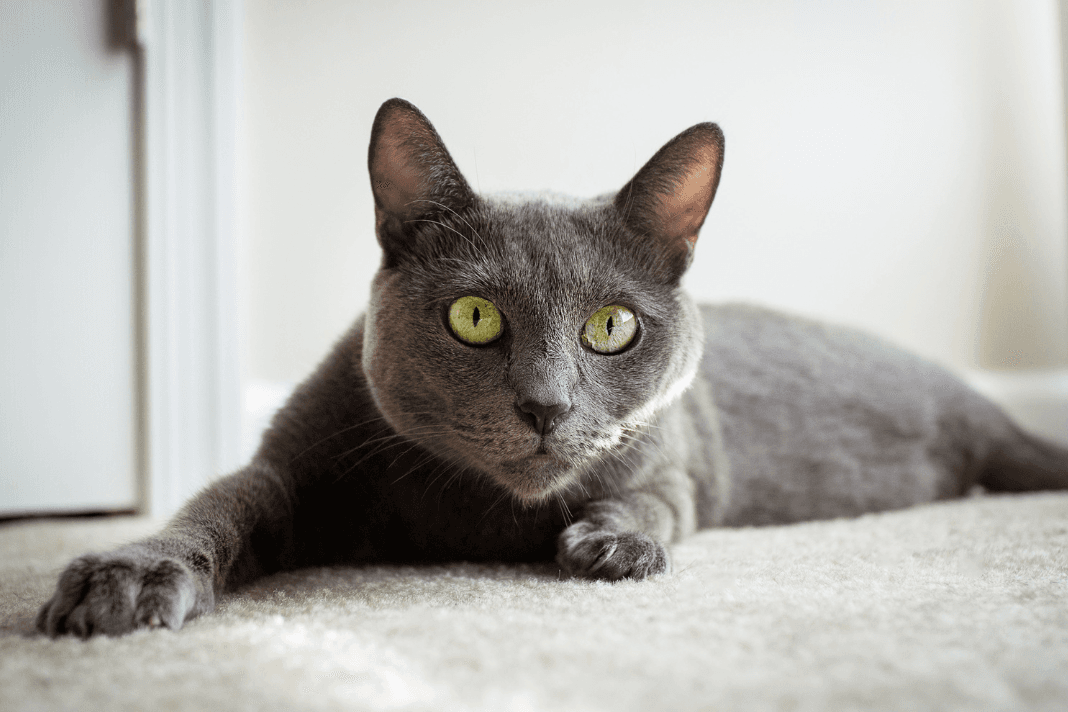Birman cat: Everything you need to know
Quick facts about the Birman cat
Weight: Males 4 - 6.5 kg, females 3 - 4.5 kg
Wither height: 25 - 30 cm
Energy level: Calm
Lifespan: Around 15 years
Social need: Great
Colours:Colours: The colours can vary between frost white, blue, chocolate, seal, red, cream, cinnamon, lilac and fawn. The breed has a point pattern, which means a light colour on the body while the nose, ears, legs and tail are significantly darker.
Health problemsGenerally healthy but can suffer from the genetic diseasehypertrophic cardiomyopathy (a heart condition) and eye problems.
Ppersonality
The Birman, or Sacred Birman, is a calm, easy-going and human-friendly cat. They love to bond with "their" human and can get a little jealous if they don't get enough attention. Despite their rather calm nature, Birmans don't like being left alone and appreciate plenty of interaction and playtime.
Birman appearance and coat care
The Sacred Birman is a large cat. The Birman has a point pattern, meaning their ears, face, tail and legs are one colour while the body is a lighter shade. Most distinctive are their blue eyes and four white paws. The breed's coat is soft, silky and medium-length. It lacks a dense undercoat, so it doesn't tend to mat and is easy to care for. However, the Birman's coat should still be brushed at least twice a week to keep it looking its best. Pay particular attention to the ruff, which has longer fur.
Health issues in Birmans
Birmans aren't prone to many health problems. However, they can be affected by the genetic condition hypertrophic cardiomyopathy. This heart condition can cause affected cats to tremble severely and have seizures. Another potential issue is hypomyelination, which can often be detected from around three weeks old but may stabilise as the cat grows. Birmans can also develop eye problems, so it's important to keep their eyes clean.
Dental health
Did you know your cat's teeth need brushing? Brushing your cat's teeth daily is the best way to prevent them developing gum disease. Find out more here. The dental disease FORL is common in cats and often linked to gum disease. Brushing your cat's teeth can be a challenge, but with treats and plenty of patience, they'll eventually get used to it! Learn more about how to brush your cat's teeth here.
Poisoning
Many common household items can be poisonous to cats, perhaps more than you'd think. Plants are one example – find out which plants are toxic to your cat here. Other common toxins for cats include chocolate and mouse and rat poison. Always store items that could harm your cat safely out of reach!






